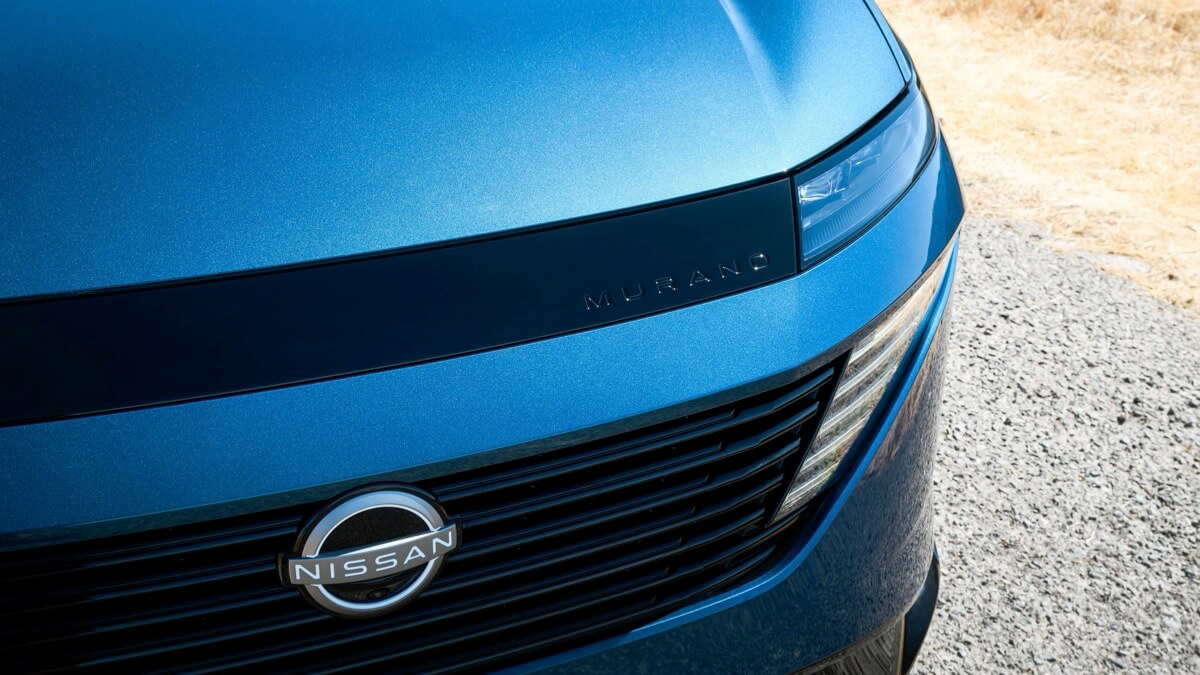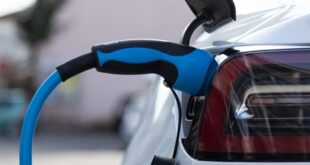With Renault stepping back and sales slumping, Nissan has only 12 to 14 months to turn its fate around.
Nissan is in a tough spot, with reports suggesting the company has just 12 to 14 months to secure its future. The automaker is actively looking for a long-term investor to replace some of Renault’s equity holdings as the French company continues to sell off its stake. This has sparked speculation that Honda could step in, either as a new investor or a deeper partner in their growing collaboration on electric vehicles (EVs).
For years, Renault was a key ally for Nissan, holding a significant stake in the company. However, the relationship has been rocky, and Renault’s decision to reduce its holding to less than 36% is adding pressure. While Renault insists it supports a potential alliance between Nissan and Honda, its own role in the partnership is becoming less central. The reduced ties with Renault could lead to a stronger relationship with Honda, but insiders say having Honda take a stake is seen as a last resort.
Nissan’s challenges are mounting. The manufacturer is dealing with slow sales in critical markets like China and the US. To cope, Nissan has implemented emergency measures, including cutting its stake in Mitsubishi Motors from 34% to 24% and downsizing operations. Adding to the urgency, Nissan recently restructured its alliance with Renault, granting both companies equal voting rights while scaling back their financial commitments to one another. This shift has prompted Nissan to seek stability from a new, reliable investor, such as a bank or insurance group.

Honda’s growing collaboration with Nissan is seen as strategically important. The two automakers have been working together on EV and software technology to compete with Chinese rivals and adapt to the changing market in the US. While neither company has confirmed a capital partnership, Honda’s involvement could strengthen Nissan’s position and provide much-needed financial support. Former Nissan CEO Carlos Ghosn has even speculated that Honda might end up taking over Nissan and Mitsubishi in a “disguised takeover.” For now, though, Nissan insists that all options are on the table.
The bigger picture is a car industry undergoing massive change. As automakers worldwide scramble to keep up with the shift to EVs, Nissan’s situation highlights the challenges of balancing partnerships and independence. Industry observers are debating whether megamergers like Stellantis are the way forward or if smaller companies like Nissan can thrive through partnerships. Nissan’s potential alignment with Honda and Mitsubishi could offer a middle ground, leveraging the strengths of all three companies to navigate the global transition to EVs.
Despite its struggles, Nissan remains a key player in the auto industry. The outcome of its investor search and evolving partnerships could serve as a case study for how automakers tackle industry upheaval. Whether through Honda’s deeper involvement or another anchor investor, Nissan’s next steps will be crucial. For now, the automaker is under immense pressure to stabilize its operations and regain its footing in a rapidly changing market. Indeed, the clock is ticking.








